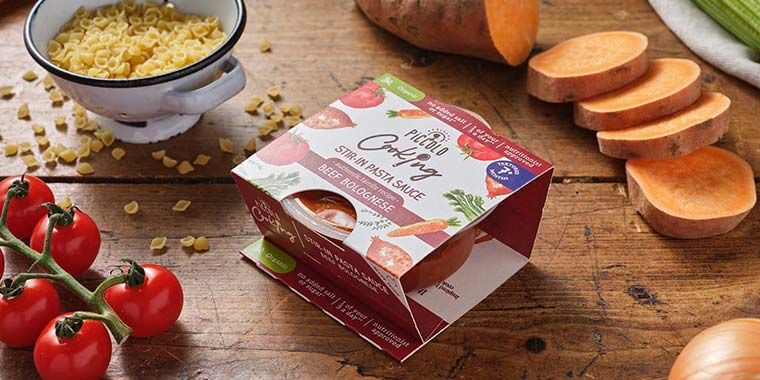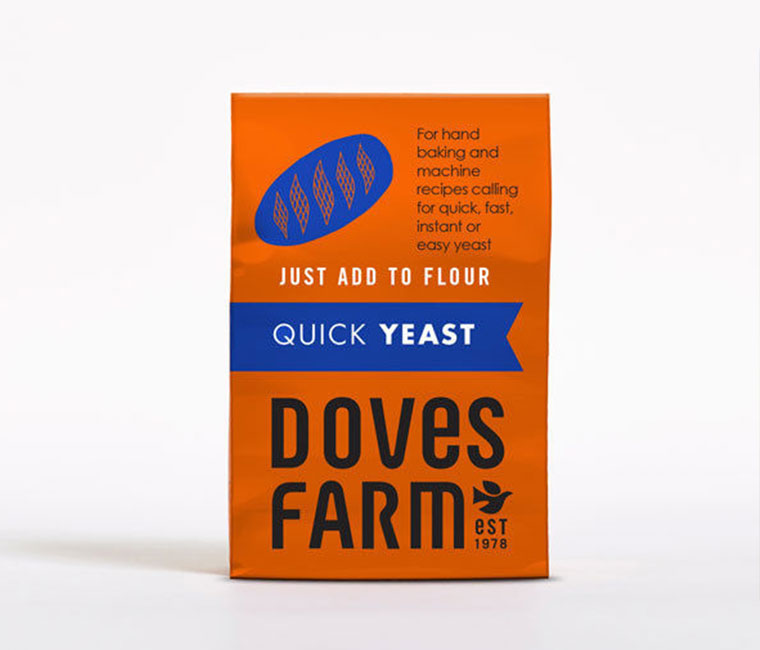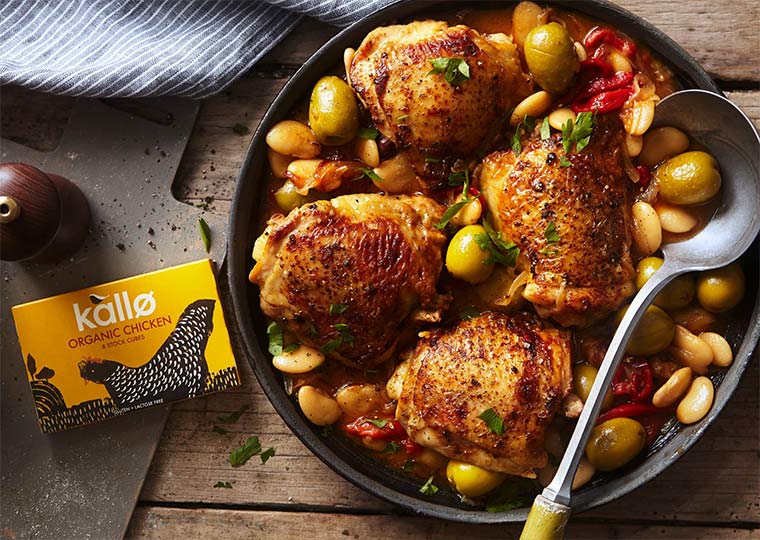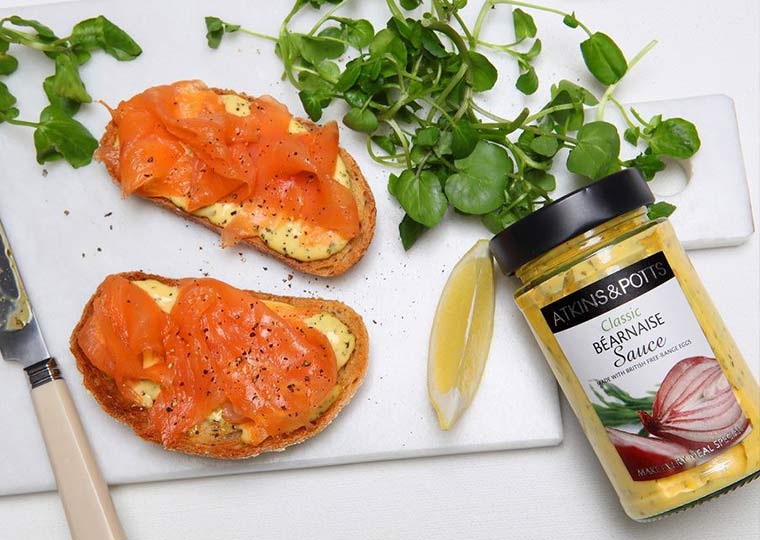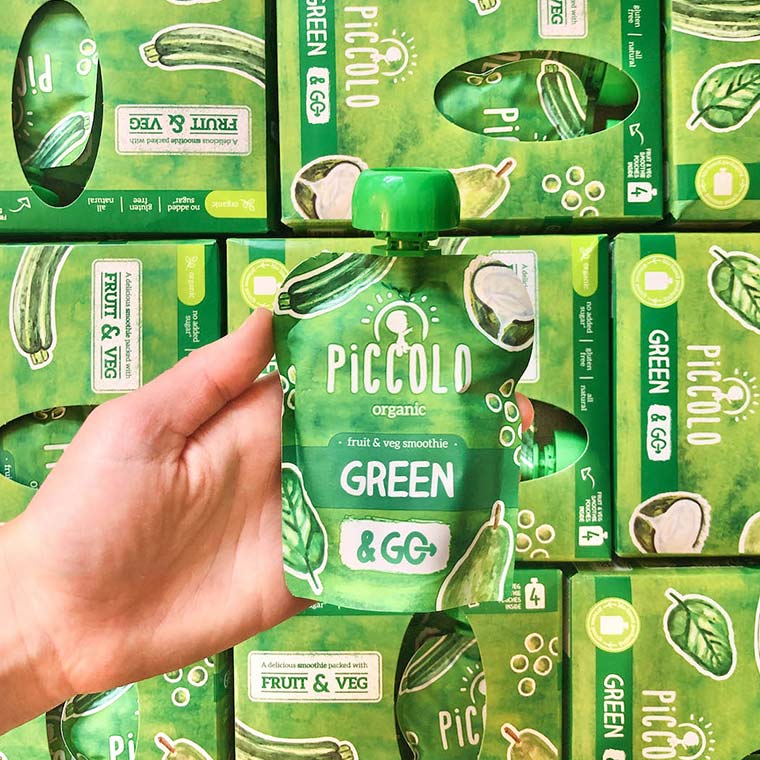Organic foods used to only be found in local markets and health food shops. Now, organic foods can be found anywhere and everywhere. However, are organic foods really worth it?
During the pandemic, there was a global surge in sales of organic products for both consumers and sellers choosing to go organic. During 2020, the global organic food market experienced a year-on-year growth at a rate of 13.24%, according to the Global Organic Food & Beverage Market Overview, 2020-26.
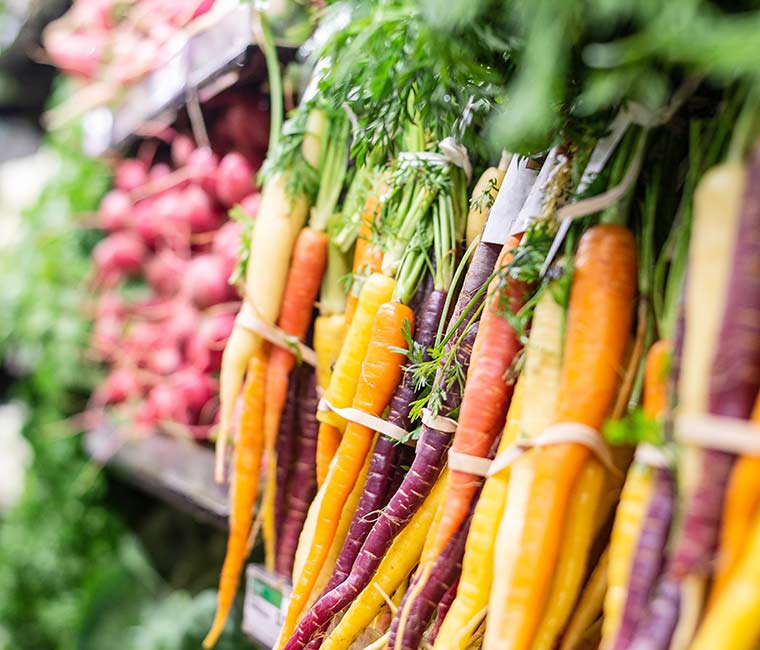
Whether you are looking to add more organic produce to your monthly grocery shopping or want to offer organic products to your customers, it’s important to first break down the advantages (and disadvantages!) of buying organic vs non-organic.
What is organic food?
Before comparing organic food and non-organic food, let’s start from the beginning – by explaining what organic food means. Organic foods should be free of artificial chemicals, hormones, antibiotics and genetically modified organisms (GMOs).
The term organic refers to the way foods are produced. As this article on the UK Government website explains, organic farming can include:
- Avoiding artificial fertilisers and pesticides
- Maintaining soil fertility by using crop rotation and other forms of farming
- Controlling weeds, pesticides and diseases
- Using a limited number of approved substances and products
Organic farming practices are designed to ensure that pollution is reduced, soil and water quality are enhanced and livestock thrives in a healthy and safe habitat.
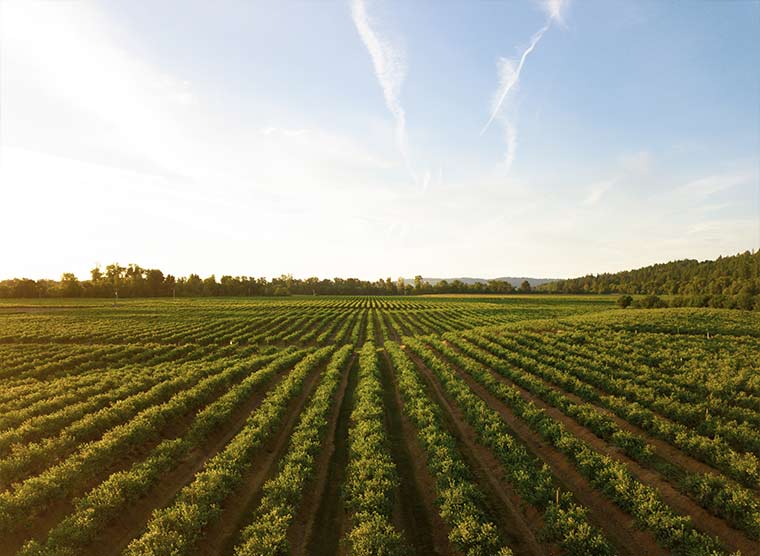
How to get an organic food label?
To be labelled organic, a minimum of 95% of the ingredients of agricultural origin must be organic. Different labelling requirements will be required depending on whether the organic product is produced in the UK, inside and outside the UK or completely produced outside the UK. Visit the UK Government website for more information.
What is the difference between organic and non-organic foods?
Now, that we’ve run through some of the basics of organic foods let’s answer some of the most frequently asked questions regarding organic foods and how these differ from non-organic foods.
Are organic foods healthier?
In terms of nutrients, organic foods are not healthier than non-organic foods. According to this article on UC David Health, “You are still getting the same benefits in conventionally grown foods as you are in organic foods.”
However, if you want to limit your exposure to extra pesticides and insecticides, buying organic would be the best way around it. Or at least purchasing organic versions of foods whose non-organic alternatives often carry high levels of pesticide residues. This includes spinach, strawberries, apples, peaches, grapes and pears (to mention a few).
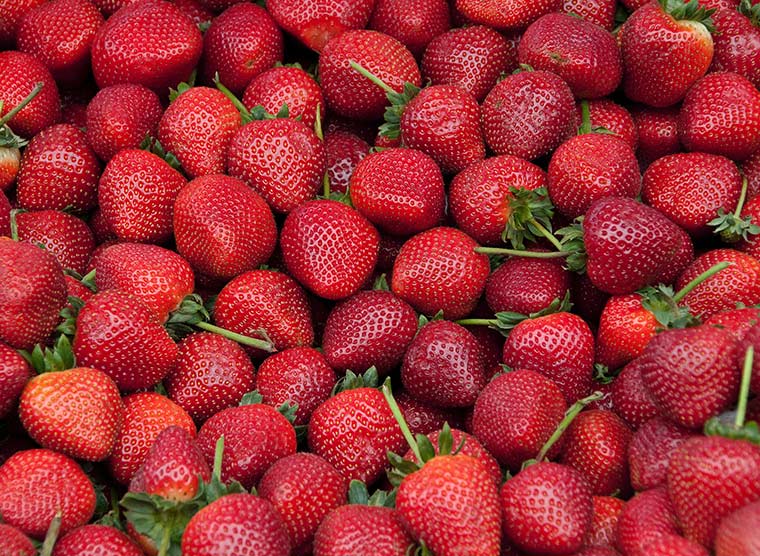
Are organic foods more expensive?
Some organic foods do come with a higher price tag but that isn’t always the case. It is important to recognise the reasons why organic foods are usually more expensive than non-organic foods.
As the Soil Association explains, organic foods take more time, effort and care to produce; have to meet strict standards to be certified; ensure that any animals are genuinely free-range; and finally, follow more sustainable farming practices to help the environment. Organic foods are definitely worth the higher price tag.
Are organic foods better for the environment?
Yes. As mentioned before, organic farming is far more sustainable than the alternative. Plus, the absence of pesticides and other similar substances enhances biodiversity and soil quality. The lack of pesticides also reduces the pollution from pesticide run-off, which is when these contaminants are carried into water, such as lakes, streams and rivers.
Where to buy organic food?
At Springvale Foods, we stock various organic food brands. From organic flours to organic snacks, you will find a plethora of wholesale organic foods at our online shop. Here are a few organic food brands we stock.

